Premium health screening customized according to age and family history
What Kind of Health Screen Do You Need?
Chadwick Boseman, who was an inspiration to countless people as the first black superhero of the Marvel Cinematic Universe through the movie, “Black Panther,” caused worldwide shock and grief when he passed away in August 2020 at the age of 43 after battling stage III colon cancer for four years. Meanwhile, Robert de Niro, one of the greatest actors of all time who played the role of an insightful elderly man in “The Intern,” was diagnosed with prostate cancer in 2003, but thanks to early detection and treatment, he still remains a prolific actor even at the age of 78.
They say the best treatment is prevention. Life-threatening diseases, like cancer, are often asymptomatic in the early stages and get discovered after they have progressed into later stages. In many cases, the disease has progressed to an extent where surgical removal is impossible. This is why it is important to undergo regular health screenings to check for risks and signs early on. Read on to find out what kind of health examinations you should receive as well as some of the health screening programs available at a health examination hospital in Daejeon.
What type of health screening programs should you choose?
There are largely three types of health screenings performed. First, it’s cancer screening. Early detection is especially important when it comes to cancer, as it greatly increases the chance of survival. This is particularly true for stomach cancer, as the survival rate can reach up to 90% in case of early detection and treatment. Second, it’s screening for chronic illnesses, which include hypertension, diabetes, dyslipidemia, and chronic liver disease. These types of illnesses must be managed properly through early detection to prevent secondary complications, such as stroke, myocardial infarction, and heart disease. Third, it’s screening for infectious diseases, such as hepatitis B, hepatitis C, Helicobacter pylori, AIDS, and syphilis, the spread of which can be prevented through early detection and treatment.
It is recommended that you be screened for the diseases that you are at high risk for based on your age. For instance, people in their 20s and 30s are at high risk for adult diseases that are usually caused by undesirable dietary habits and lifestyles. As such, people in this age group should undergo a basic health examination to check their blood pressure, body weight, and height as well as an X-ray for a tuberculosis examination and a test for antibodies for hepatitis B. Those in their 40s and 50s should receive a more in-depth health examination that includes screening for top five cancers (stomach cancer, colon cancer, breast cancer, cervical cancer, and liver cancer). In the case of diseases that are difficult to detect by ultrasound, a CT scan will be necessary. Men should undergo a heart disease examination, while menopausal women should undergo a bone density scan. Starting in the 60s, people tend to experience rapid deterioration of physical functions, and examinations to slow down the progress of disease and maintain one’s health condition are recommended. Seniors are recommended a general physical examination to check their vision, hearing, and oral health and screening for geriatric diseases, such as stroke, Alzheimer’s disease, and Parkinson’s disease as well as musculoskeletal diseases.
Premium health screening programs designed just for you
The International Healthcare Center of Sun Medical Center located in Daejeon is a hospital specializing in health screenings. Patients can consult specialists and receive in-depth health examinations according to their needs, such as screening for diseases affecting the brain, heart, blood vessels, and digestive tract, top five cancers, and women’s cancers. They also offer health screenings for prospective newlyweds who are planning to have children, an antiaging program for early detection and prevention of aging and chronic illnesses, and a health screening program with an accommodation included for in-depth physical and health examinations.
| Category |
Program |
Description |
| Basic Exam. |
Basic I |
Early detection and prevention of adult diseases and various types of cancer with high incidence |
| Special Exam. |
In-depth cerebrovascular exam |
Risk assessment and prevention of cerebrovascular diseases |
| In-depth cardiovascular exam |
Risk assessment and prevention of cardiovascular diseases |
| In-depth digestive system exam |
Early detection and prevention of cancers of the digestive system (stomach and colorectal cancers, etc.) |
| In-depth exam for five cancers |
Early detection of stomach, colon cancer, cervical cancer, breast cancer, and liver cancer |
| In-depth exam for women’s cancers |
Early detection of adult diseases and women’s diseases |
| Lung cancer exam |
Early detection and prevention of respiratory disease (affecting the lungs and bronchi0 |
| Exam for prospective newlyweds |
An examination for prospective newlyweds wishing to have children |
| Anti-Aging Exam. |
Antiaging exam |
Early detection and prevention of various chronic illnesses that arise with aging |
Prestige Exam.
(1night, 2days) |
PrestigeⅠ |
An extensive and in-depth program that screens for various disease and disorders where the patient stays in a special ward with facilities comparable to those of a five-star hotel under the care of a dedicated coordinator |
| PrestigeⅡ |
| PrestigeⅢ |
The International Healthcare Center of Sun Medical Center is a medical institution that has been accredited by the Joint Commission International (JCI) for meeting the international healthcare service standards in 1,200 areas including health screenings, infection control, patient safety, and medical records. It is equipped with 219 state-of-the-art medical equipment systems, and medical examination results are examined by specialists from the Gastroenterology Center, Department of Obstetrics and Gynecology, Department of Breast and Thyroid Surgery, Department of Radiology, Department of Family Medicine, and others based on a multidisciplinary approach. In addition to accurate diagnosis, patients can receive the treatment they need as soon as possible by being referred to a specialist in case abnormalities are found in their test results. The International Healthcare Center of Sun Medical Center, armed with cutting-edge equipment, world-class health professionals, and optimal operational systems, is also staffed with coordinators who are fluent in foreign languages, such as Russian, Mongolian, Chinese, and English, and can assist foreign patients on a one-on-one basis. For this reason and many more, it was chosen as a leading health screening center for foreign patients by the Ministry of Health and Welfare.
According to the World Health Organization, “action now can prevent one third of cancers, cure another third, and provide good, palliative care to the remaining third who need it.” Given that the treatment method and survival rate vary depending on when the disease is found, the key to maintaining your health is to undergo regular health screenings to catch the early signs as soon as you can.


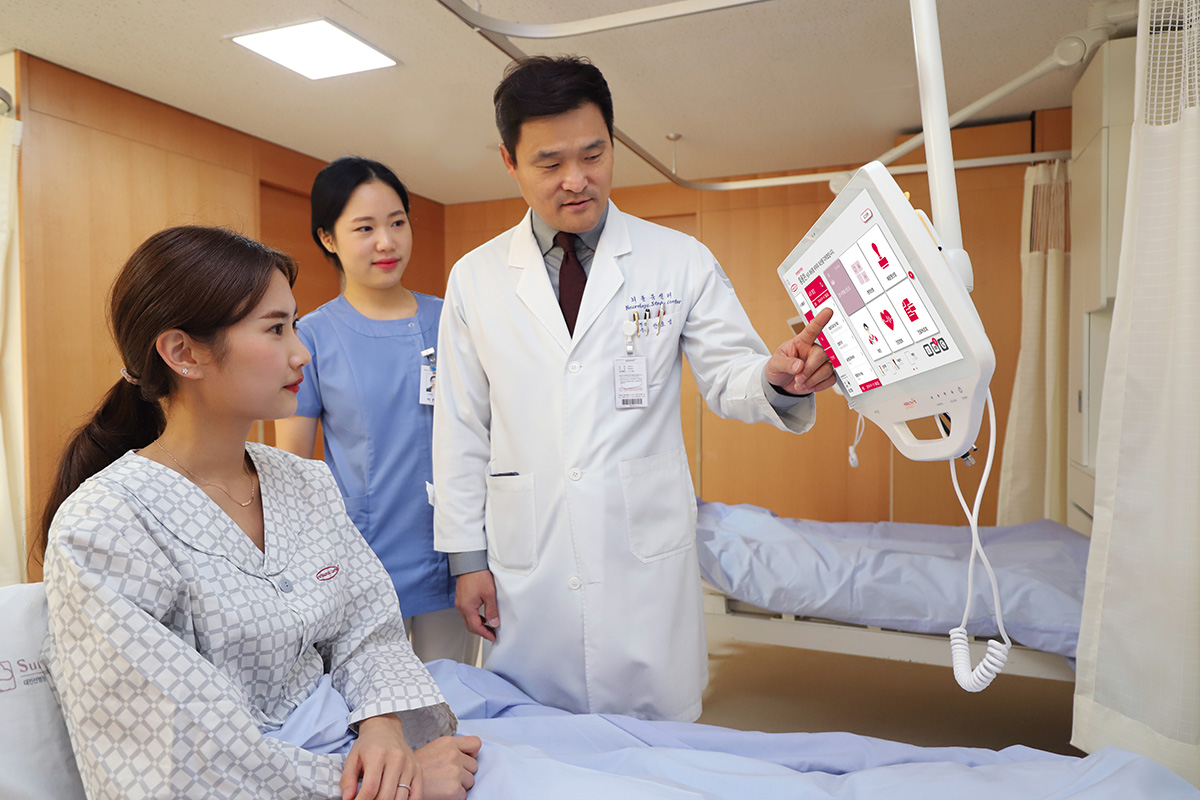
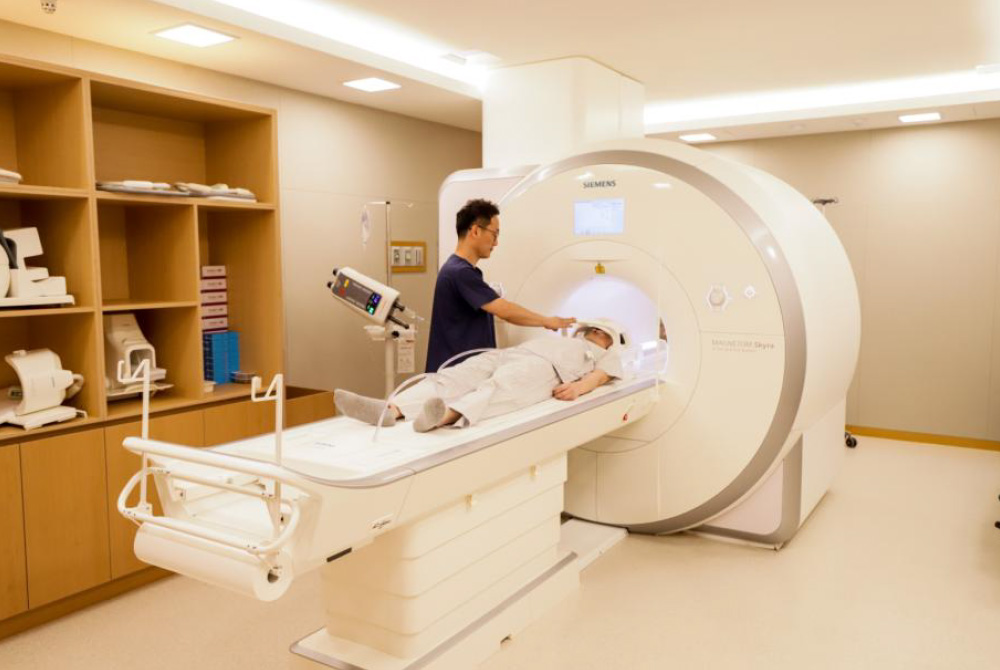
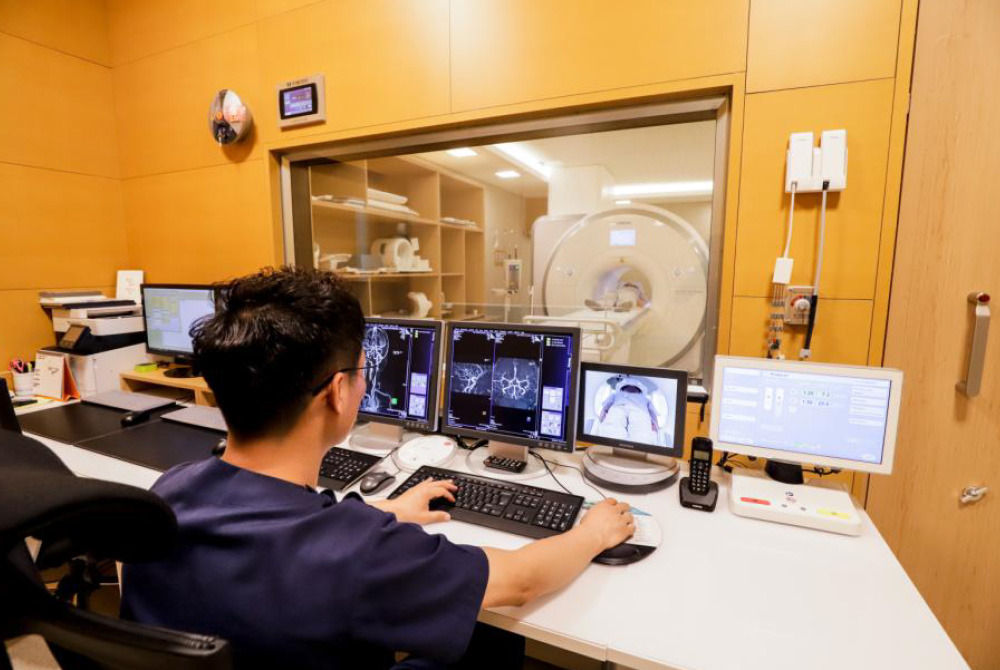
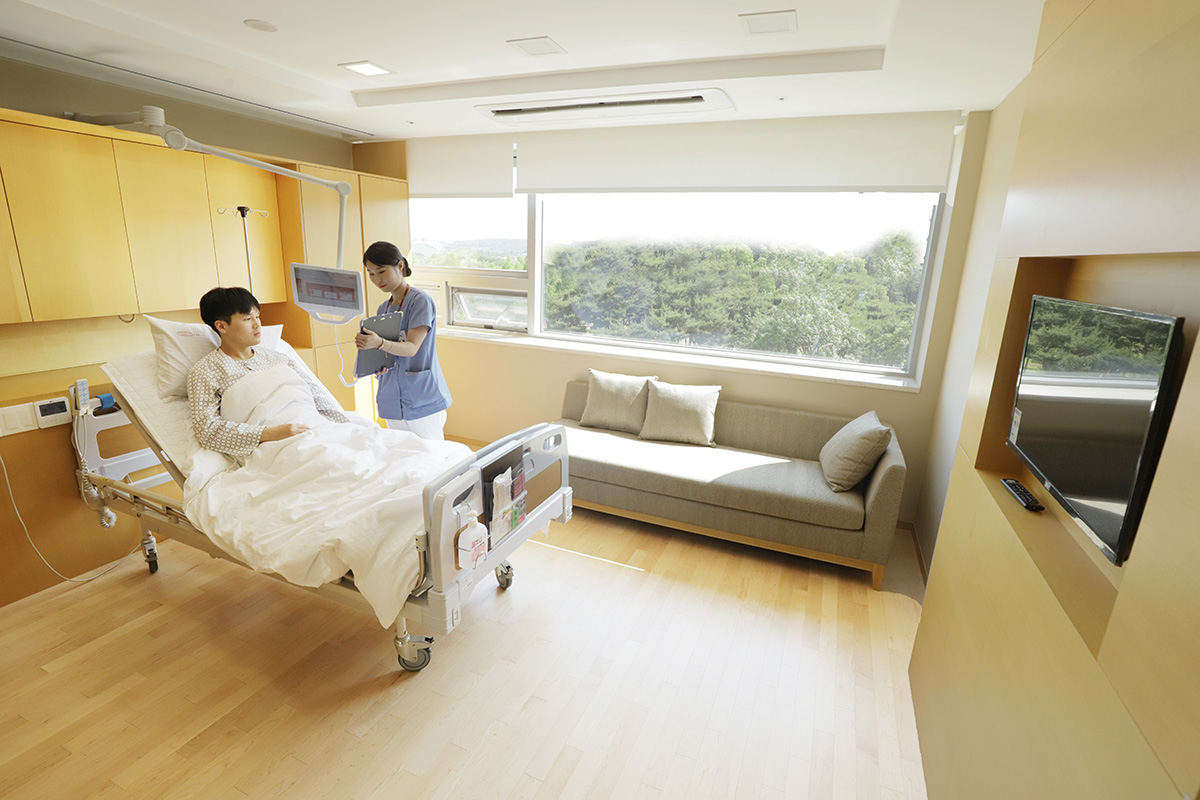
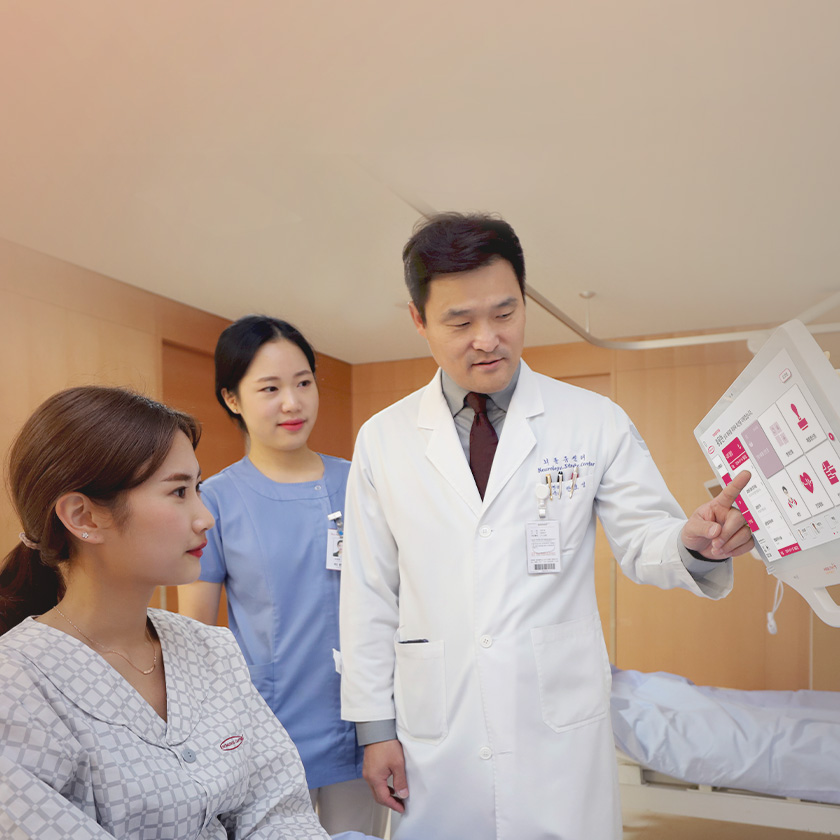 Specialized Medical Service
Specialized Medical Service
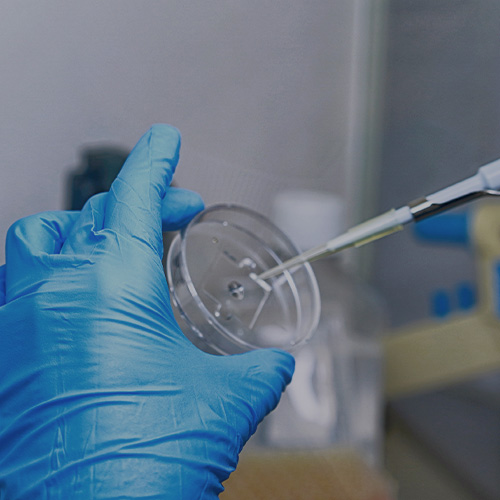 Bio Technology
Bio Technology
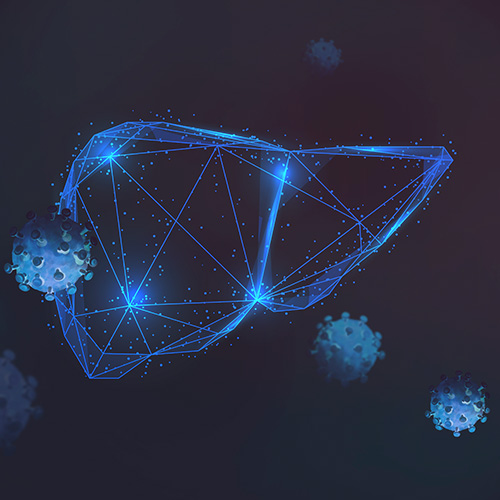 Health & Wellness
Health & Wellness
 City & Culture
City & Culture
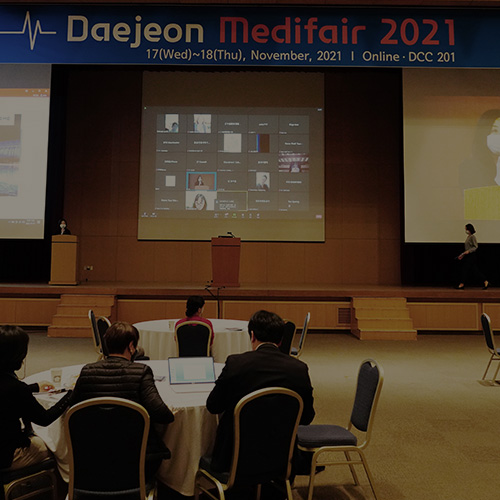 Hot Issue
Hot Issue
 Interview With
Interview With
 Medical Technology
Medical Technology
 City & Culture
City & Culture
 Food & Travel
Food & Travel
 Health & Wellness Tips
Health & Wellness Tips
 Hot Issue
Hot Issue